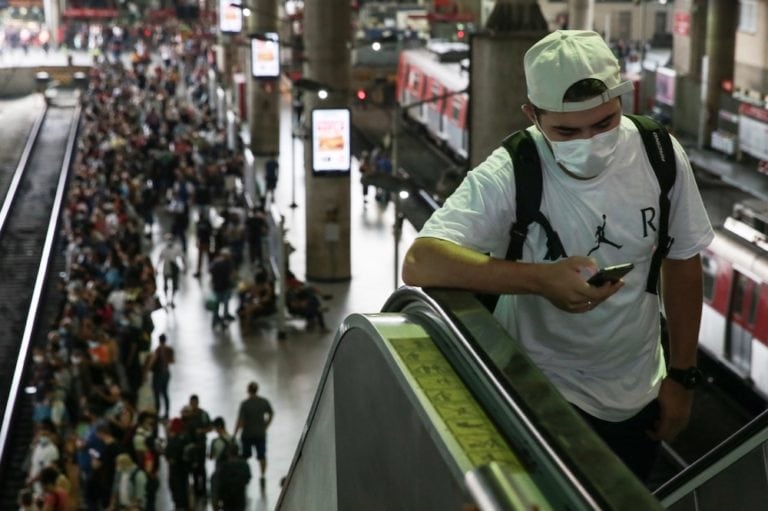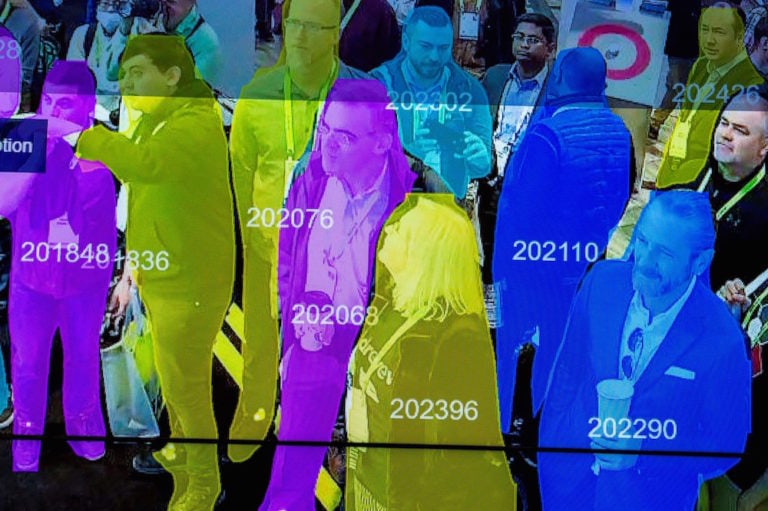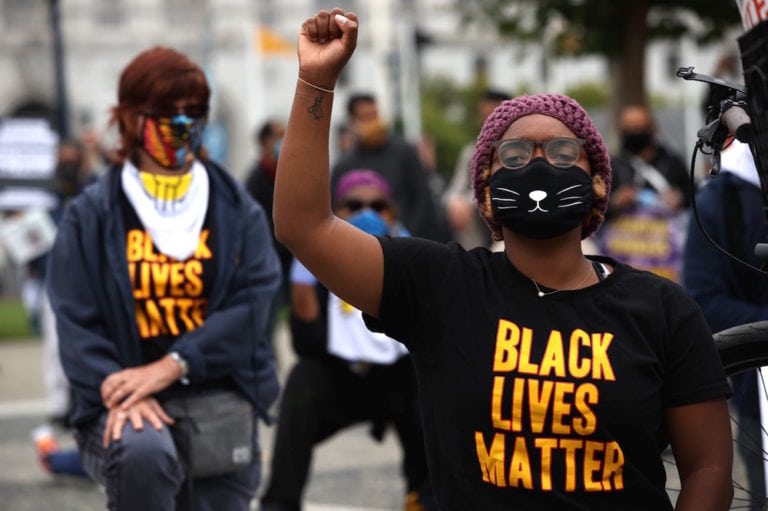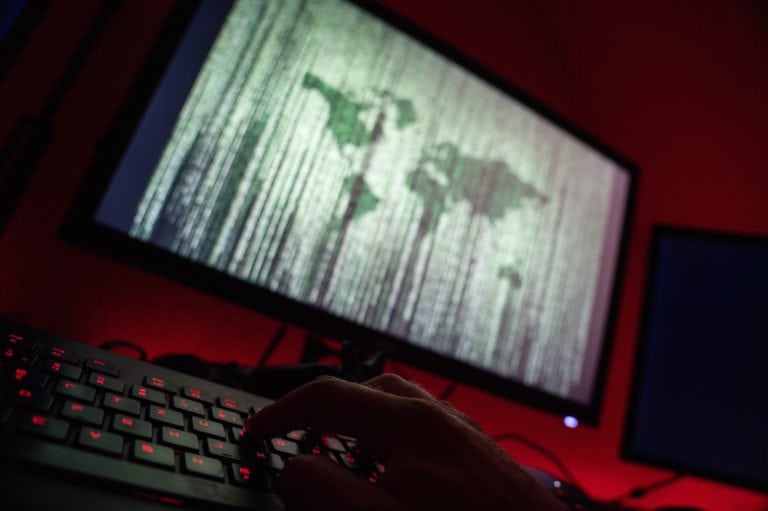Articles by Electronic Frontier Foundation (EFF)

Brazil’s “remuneration right” strengthens Big Tech and Big Media, at the cost of free expression and a free press
EFF has been analyzing and reporting on the bill since its earliest stages in the Brazilian Congress. The latest text, which has been approved by a working group in the Chamber of Deputies, still contains dangerous language for free expression and digital rights.

Anti-war hacktivism is leading to digital xenophobia and a more hostile internet
“Targeting every computer with a Russian or Belarusian IP address with this sort of hacktivism as a means of protest against the actions of a government is patently absurd and harmful. Developers living in countries that commit war crimes, including the US, might want to consider how they would feel if the tables were turned.”

Copyright is not a shortcut around the Constitution’s anonymous speech protections, EFF tells court
Courts do not always apply the correct tests to protect anonymous speakers, particularly when they use others’ copyrighted material to engage in commentary and criticism.

Victory! More lawsuits proceed against Clearview’s face surveillance
Face surveillance is a growing menace to racial justice, privacy, free speech, and information security. So EFF supports bans on government use of this dangerous technology, and laws requiring corporations to get opt-in consent.

What Spotify, Neil Young, and Joe Rogan tell us about content moderation
“There is no question that Spotify has the right to determine whom to host, profit from or reject from its platform; what is worrisome, however, is Spotify abdicating its ethical responsibility to its users to make such decisions in a transparent and consistent way.”

Surveillance Self-Defense, by EFF
Surveillance Self-Defense (SSD) is an online guide developed by EFF, created to help one learn how to defend oneself and others from surveillance by using secure technology and developing careful practices.

San Francisco Police illegally used surveillance cameras at the George Floyd protests. The courts must stop them
A year and a half ago, the San Francisco Police Department illegally spied on activists and thousands of Bay Area residents as they marched against racist police violence and the murder of George Floyd. EFF and the ACLU of Northern California have taken the SFPD to court.

Nearly 130 public interest organizations and experts urge United Nations to include human rights safeguards in proposed UN Cybercrime Treaty
IFEX has signed on to a joint letter to the UN calling for robust civil society participation throughout all stages of the development and drafting of a Cybercrime Convention, and stressing that any proposed convention must include human rights safeguards applicable to both its substantive and procedural provisions.
